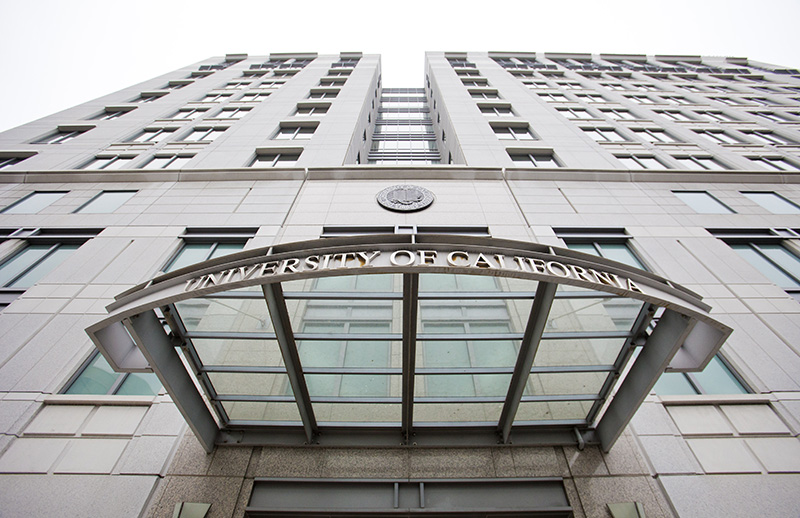A non-voting student adviser will join the ranks of the University of California’s Board of Regents for a two-year trial period after a unanimous vote of approval by the board on Thursday, Jan. 21.
The new position is part of larger effort to increase the voice of UC students within the administration and aims “to give regents a more comprehensive student perspective on university issues,” according to the UC Regents website.
UC President and regents board member Janet Napolitano was supportive of the deal and stressed that the student regent is not the only student voice that the board interacts with.
“We have student observers on the committee, every meeting we hear from the leadership of the University of California Student Association, [and] I personally have a number of meetings with different student groups over the course of the year,” Napolitano said during the meeting. “I think it’s very important to have an active listening environment where we’re…getting some ground truth on things that are important to students at the University of California.”
The student adviser will serve for a one-year term, sit in on the board’s open sessions and serve on three of the board’s committees. However, the student adviser will not have the authority to vote on issues.
UC student regent and creator of the student adviser proposal Avi Oved explained that he had been working on the student adviser proposal since his appointment to the board.
“Some individuals thought that when I stepped into the position, I’ve been pushing for student representation too hard,” Oved told the board. “But I think it’s safe to say that there are 250,000 students who don’t think I’ve been pushing hard enough.”
Currently, the board allows one student regent to serve for a two-year term, and does not grant them voting power until their second year. Upon completion of the student regent’s first year, a new “designate” student regent is elected who then prepares to assume the voting position upon completion of their term.
UCSD Associated Students Vice President of External Affairs Krystl Fabella endorsed the proposal during Thursday’s meeting and explained to the UCSD Guardian that a major concern of the student regents is that the needs of both graduate and undergraduate students cannot be met by a student regent with only one year of voting power.
“It is almost impossible to expect the student regent to effectively advocate for both [graduates and undergraduates] because it takes the whole year’s dedication,” Fabella said. “The creation of the student regent adviser prevents the compromising of one over the other.”
To alleviate this concern, Oved proposed that the student adviser and student regent originate from different school levels within the UC system.
“The student adviser will hail from a complementary educational program to that of the sitting student regent,” Oved explained. “For example, if the sitting student regent is an undergraduate student, then the student adviser would come from a professional or graduate student program, and vice-versa.”
Fabella believes that this condition will allow both the student adviser and student regent to address concerns from their respective areas, while decreasing the workload for both.
“One student can focus on undergraduate needs while the other graduate needs, as these needs differ and require separate representation,” Fabella said.
According to Fabella, the student adviser will also serve as a student voice that will allow the board further insight into student concerns when making major decisions.
“Although [the student adviser] does not have voting powers like the student regent, [the position’s] addition…on the board allows for a more holistic representation of student needs,” Fabella said. “[It] will help contextualize conversations, and help ensure well-informed decisions.”
Oved praised the proposal in a similar fashion during his appeal.
“I think that this is an excellent opportunity [for the UC Board of Regents] to meaningfully engage with students and really bring them into the conversation,” Oved said.
Napolitano noted that the deal could create a dialogue between the administration and campuses.
“It’s not just about us hearing from different populations of students,” Napolitano said during the appeal. “Student regents can be very effective communicators about what’s really happening at regents meetings…it’s very easy to stereotype what occurs [here].”
The student adviser will begin their one year term starting July 1, 2017.







